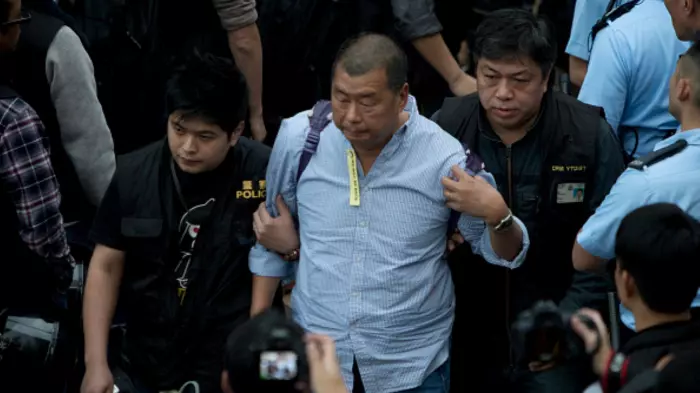Ben Ransley grew up surrounded by electronics, cables and big pieces of hardware. When he was a toddler, his parents started a civil construction and traffic infrastructure supply business, which he saw grow from just them to more than 100 staff.
Ransley’s uncle and cousin are also successful tech entrepreneurs, so he knew from a young age he wanted to start his own business.
But making money was never the main motivation. At 25, Ransley is part of the generation that has known and worried about climate change since they could talk.
“I want to make a difference,” he says.
At university, Ransley sought subjects combining his passion for tech with sustainability.

That’s where he stumbled across the Smart City concept - where tech is used to manage energy and resources more efficiently, and help people stay connected.
He researched the New Zealand market and discovered there wasn’t really anybody leading a smart city initiative in New Zealand.
Smart City tech is already in use in the Netherlands, Dubai, Singapore and countless cities across the globe.
In Amsterdam, standardised smart bins have helped the city slash its waste to landfill significantly, transport monitoring ensures fluid traffic and there is free Wi-Fi everywhere, Ransley says.
Smart poles light up dark places at night and provide access to Wi-Fi as well, he says.
“That's what I want for New Zealand - for everyone to feel connected throughout the city, safe at night, and walking around clean streets.”
Strong with his experience working in the home automation business, Ransley jumped at the opportunity to partner with three international companies to bring Smart City tech to NZ.
About three years ago, Ransley started his Smart City business with three offerings centred around transport, waste and connectivity, which have already been taken up by multiple local governments and roading projects around the country.
SmartTraf, an advanced real-time transport monitoring and measuring tool, helps engineers and transport planners reduce traffic and congestion.
The cutting-edge system includes travel-time metrics, vehicle statistics, and historical analysis, making it one of the most accurate and informative transport planning tools available, Ransley says.
SmartWaste reduces the carbon footprint of public waste bins and improves recycling rates through solar-powered bins. The smart bins are equipped with an internal self-compacting unit, meaning it can collect up to seven times the amount of rubbish as a normal street bin. The bins have internal fullness sensors which alert the waste collector as to when to empty the bin, saving pointless trips.
SmartBench helps city dwellers connect. The solar-powered benches offer inductive and USB charging ports, free Wi-Fi and collect valuable environmental data such as air quality, humidity, air pressure and temperature.
“The whole idea is to improve the everyday life of citizens,” Ransley says.
Auckland transport, Ventia, One NZ, Tasman Council and Tauranga City Council are among Smart City’s clients.
The company, which employs five staff, is already turning a profit.
But Ransley’s young age and innovative ideas have been a challenge at times.
“It has been difficult trying to work with and sell products to people who have been working longer than you've been alive.”
“People hate change but it's necessary for development and productivity. I believe in what we do, but we struggle to shift authorities toward more innovative data driven tech and services.”
Despite the challenges, Ransley knows that the uptake of smart city tech is inevitable.
“It’s going to be a huge industry in New Zealand; we are at the forefront of it.”
For more info go to www.smartcity.co.nz






